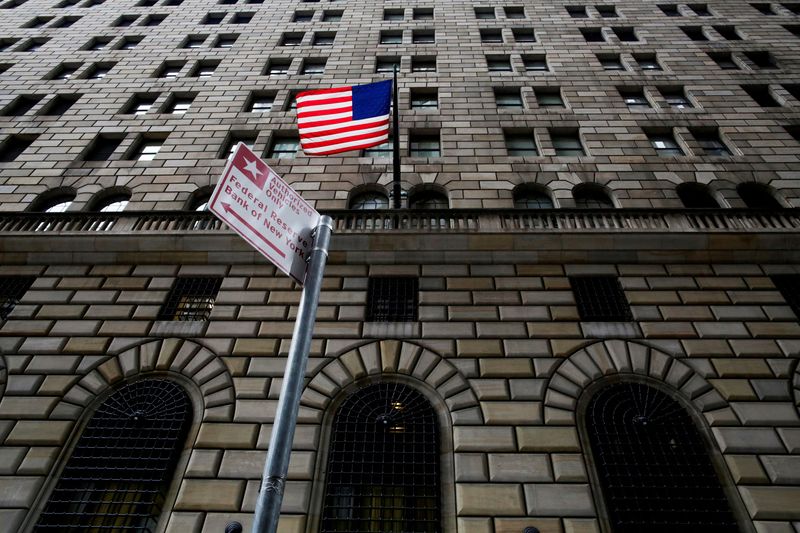US Bank Deposit Rates may Rise
2022.11.23 12:17
[ad_1]

US Bank Deposit Rates may Rise
Budrigannews.com – The Federal Reserve’s aggressive campaign of interest rate increases has left savers in the United States behind, and this is unlikely to change anytime soon.
According to brand-new findings from the New York Fed, bank deposit rates have never been able to keep up with changes in short-term rates.This discrepancy between the U.S. central bank’s short-term rate target and what banks are willing to pay for deposits is also likely to get worse during the current cycle of rapid short-term rate hikes.
Since banks are not required to, they are not matching Fed rate increases.”According to a research paper that was released this week by the regional bank, New York Fed analysts Alena Kang-Landsberg and Matthew Plosser, “deposits have increased significantly as a source of funding for the banking sector.”
Because they have more deposits than they really need, banks may be reluctant to raise deposit rates because depositors may be willing to look elsewhere for better rates.
Sand in the monetary policy gears is the failure of banks’ deposit rates on the $18 trillion they hold to keep up with a rising federal funds rate.
The financial system is tasked with spreading the Fed’s rate changes throughout the entire financial system.The short-term target rate set by the Federal Reserve of the United States has increased from its March level of close to zero to its current range of 3.75 percent and 4.0%.As it moves closer to a target policy rate that could reach 5% or higher, it almost certainly will raise rates once more next month and once more in 2023.
The Fed wants to lower inflation, which has reached its highest point in 40 years, by raising rates to slow economic momentum.The financial system as a whole has responded:Mortgage rates have skyrocketed, stifling housing activity, and the cost of auto loans has gone up.Asset markets have generally had a rough time, causing a significant loss of wealth.
On the other hand, those higher rates are not reaching retail customers.In a survey conducted on November 16, Bankrate found that the national average interest rate for a savings deposit account was 0.18 percent.
In the meantime, the rises in the federal funds rate are providing significant windfalls to major banks and money managers.To park money at the central bank, the Federal Reserve pays deposit-taking banks 3.9%, and money market funds and other eligible businesses 3.8%.After making substantial profits in recent years, the Federal Reserve is currently paying these banks such a high salary that it is technically losing money.
[ad_2]








